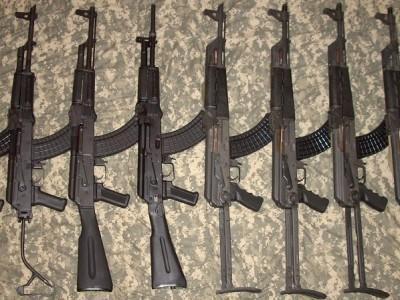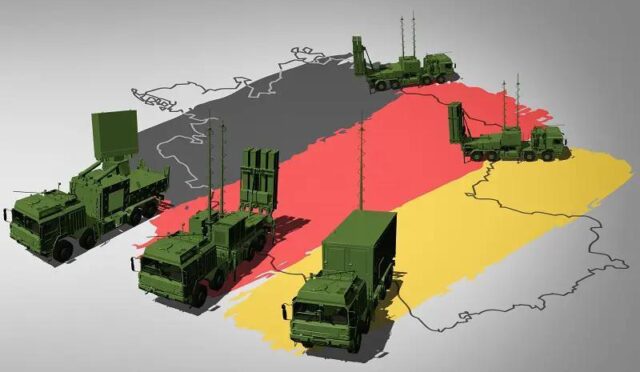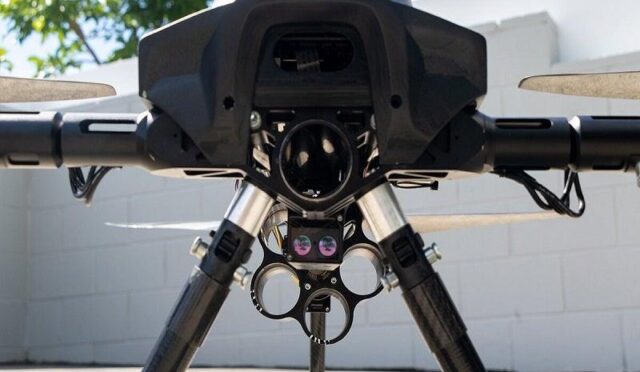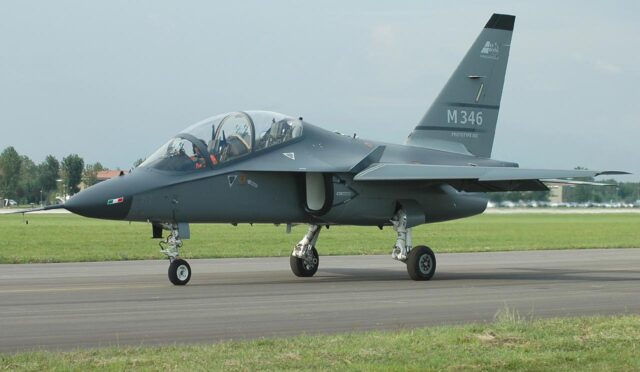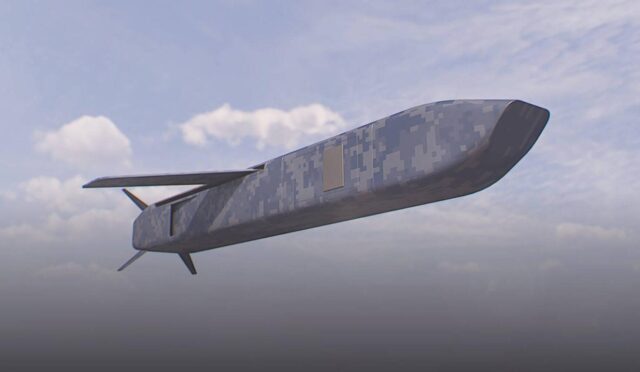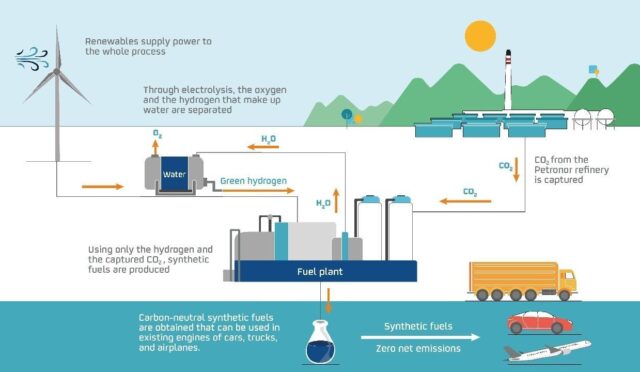Chinese Weapons in Sudan: UAE’s Controversial Arms Supply
Chinese-made weapons supplied by the United Arab Emirates (UAE) have emerged in connection with paramilitary groups in Sudan, including the Rapid Support Forces (RSF). This alarming revelation was highlighted in a report by Amnesty International, which detailed how recent drone strikes forced civilians from the army-controlled aid center in Port Sudan to flee. The ongoing conflict, which has now entered its third year, sees the RSF utilizing advanced Chinese artillery and precision-guided munitions against Sudan’s regular army.
Despite repeated denials from Abu Dhabi regarding the supply of arms to the RSF, substantial evidence from UN experts and international organizations suggests otherwise. The Amnesty report delves into weapons used by the RSF during operations in Darfur and their retreat from the capital, Khartoum, earlier in March. Additionally, while the report detailed advanced artillery, it notably omitted the long-range drones recently deployed by the RSF against army positions.
Amnesty International’s Findings
Amnesty International has revealed that advanced Chinese weaponry allegedly re-supplied by the UAE has been seized in Khartoum and reported to be operational in Darfur. These activities are in direct violation of the existing UN arms embargo. The report specifically referenced the presence of ‘Chinese GB50A guided bombs and 155mm AH-4 howitzers,’ credentials confirmed through video analysis of RSF combat operations. Data from the Stockholm International Peace Research Institute reflects that the UAE is the only country to have imported AH-4 howitzers from China.
In light of the ongoing conflict, the Chinese embassy in Sudan has urged its citizens to evacuate the country without elaborating further on the rationale. This warning coincides with an escalation in long-range drone strikes carried out by the RSF against army-held targets, including significant urban areas, suggesting an intensification of military strategies in the region.
The Escalation of Drone Attacks
Reports have surfaced indicating that the RSF has notably increased its drone strikes following their loss of territory in greater Khartoum. Recent attacks on key infrastructures in Port Sudan have included strikes on essential facilities like the main international airport and the city’s largest fuel storage site. Such assaults are indicative of a strategic shift aimed at undermining army control while heightening civilian distress.
Desperate civilians now crowd Port Sudan’s bus terminal, where the demand for transport has surged dramatically, making it nearly impossible to secure a ticket without prior booking. Evacuees like Haidar Ibrahim, who are fleeing not just the chaos but also health risks posed by the conflict, represent a broader trend of displacement affecting many in the region.
Humanitarian Impact and International Reactions
The humanitarian implications of the ongoing conflict in Sudan are dire, with UN Secretary-General Antonio Guterres warning that such military escalations only serve to aggravate the humanitarian crisis. Reports indicate that over two years of turmoil have resulted in tens of thousands of deaths and have displaced approximately 13 million people. As casualties mount and conditions worsen, the flow of aid has become increasingly impeded by violence.
Recently, the government aligned with the army severed ties with the UAE, accusing it of supplying advanced weaponry to the RSF. In response, the UAE refuted the claims, asserting that the current Sudanese government does not represent the legitimate authority of the nation. This international spat highlights the complex geopolitical dynamics at play amid Sudan’s internal strife.
A Nation Divided by Conflict
As the conflict rages on, Sudan is increasingly divided, with the army controlling considerable swathes of territory including the north, east, and central parts of the country, while the RSF predominates in Darfur and parts of the south. The division highlights a significant shift in power dynamics and has rendered many civilians unsure of their safety and future.
Many individuals displaced multiple times now find themselves struggling for survival. As families like that of Haidar Ibrahim seek to leave Port Sudan amid the chaos, the ongoing violence continues to disrupt lives and fragment communities throughout the nation.
